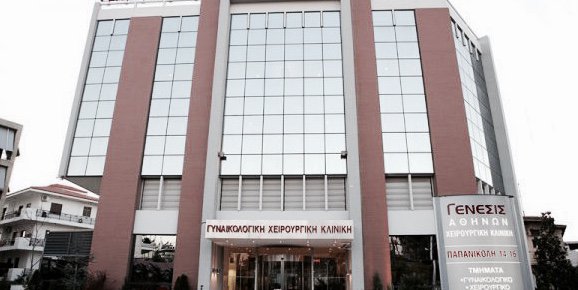
A new blood treatment developed by Greek researchers in Athens, reportedly is able to reverse menopause, allowing post-menopausal women to release eggs.
This has not been reviewed by other scientists as yet, however if the results can be confirmed, the treatment is said to allow women to have children later in life.
It may also provide an alternative solution for those suffering from early menopause.
Women are born with all of their eggs, and release, on average, one a month between the start of puberty and the start of menopause. As a woman ages, the amount of eggs she carries are reduced and around the age of 50 menopause begins- ending fertility.
With couples waiting longer to have children and with some women beginning menopause early (before 40) this will be a major medical breakthrough.
The team of researchers led by Konstantinos Sfakianoudis from Genesis Athens- the largest private fertility clinic in Athens, say they've actually been able to reverse menopause, using a woman's own blood to restart her menstrual cycle.
The basis of the new therapy is called platelet-rich plasma (PRP), which is created when a person's blood is put into a centrifuge to isolate plasma that's especially rich in platelets.
PRP is said to regenerate tissue by triggering the growth of muscle and bone tissue, and is being trialled as a way to treat injuries.
The team from Genesis Athens decided to trial this and see if it may have a similar effect when injected into the ovaries of post-menopausal women.
Doing so, they were able to restart the menstrual cycles of several patients, including one woman who hadn't had her period for five years. The patient was also able to release three eggs following the treatment.
The team has reportedly performed the treatment on around 30 women and it has worked on two-thirds of cases so far.

